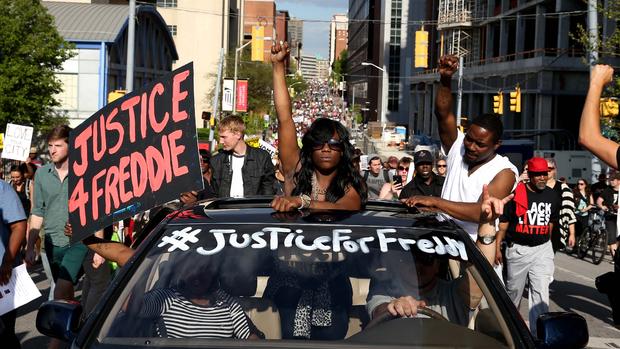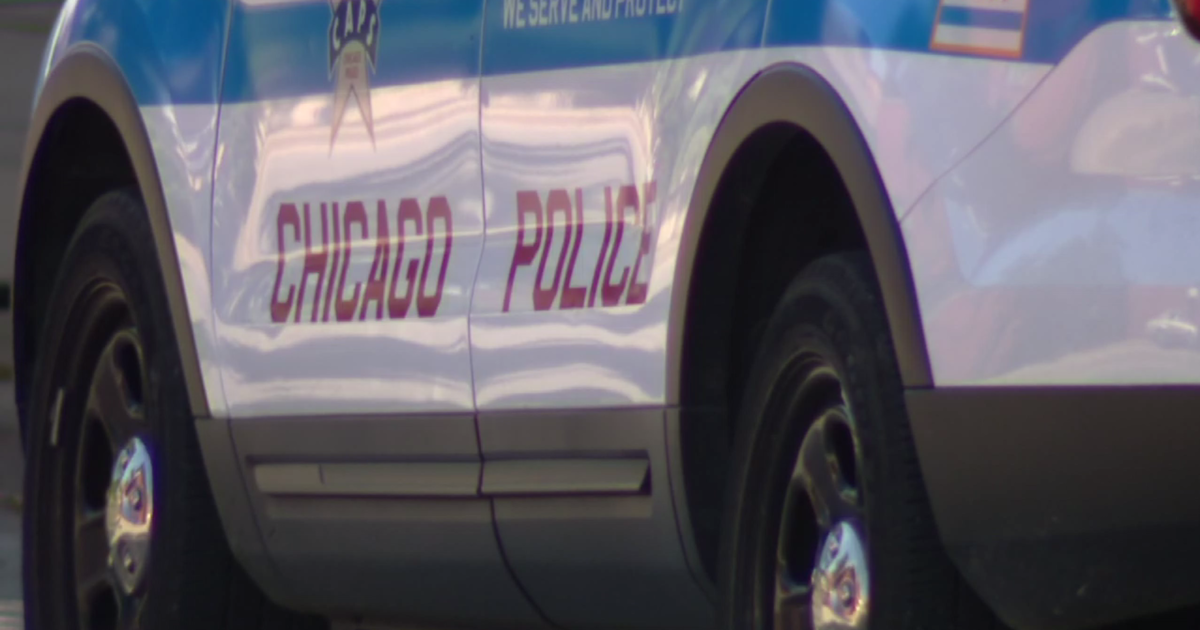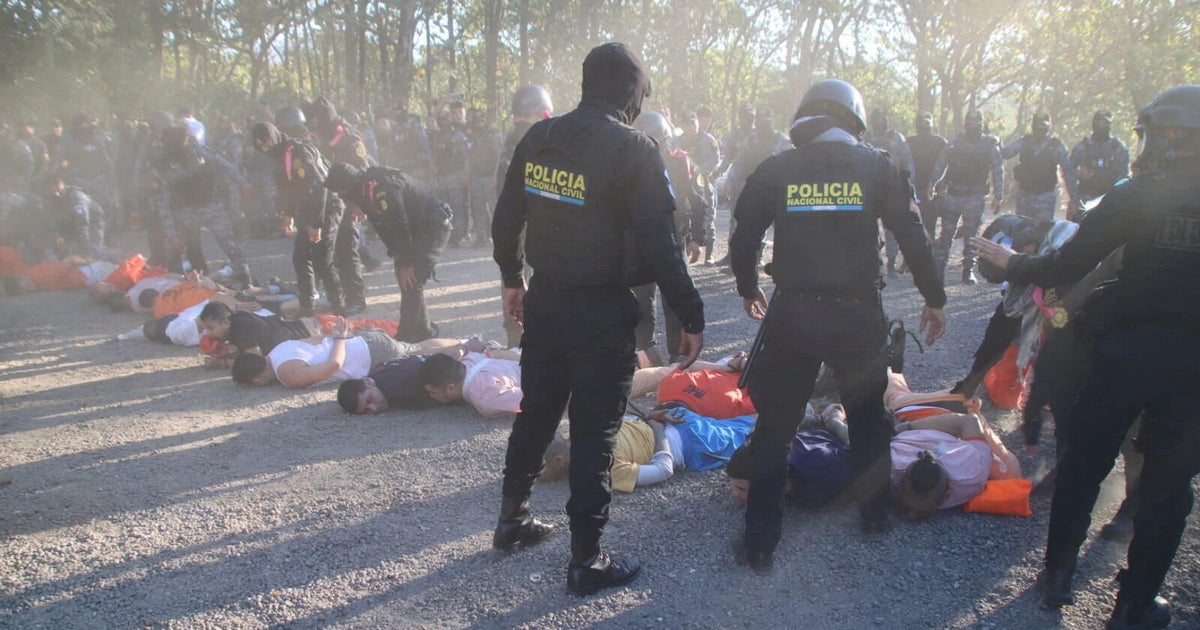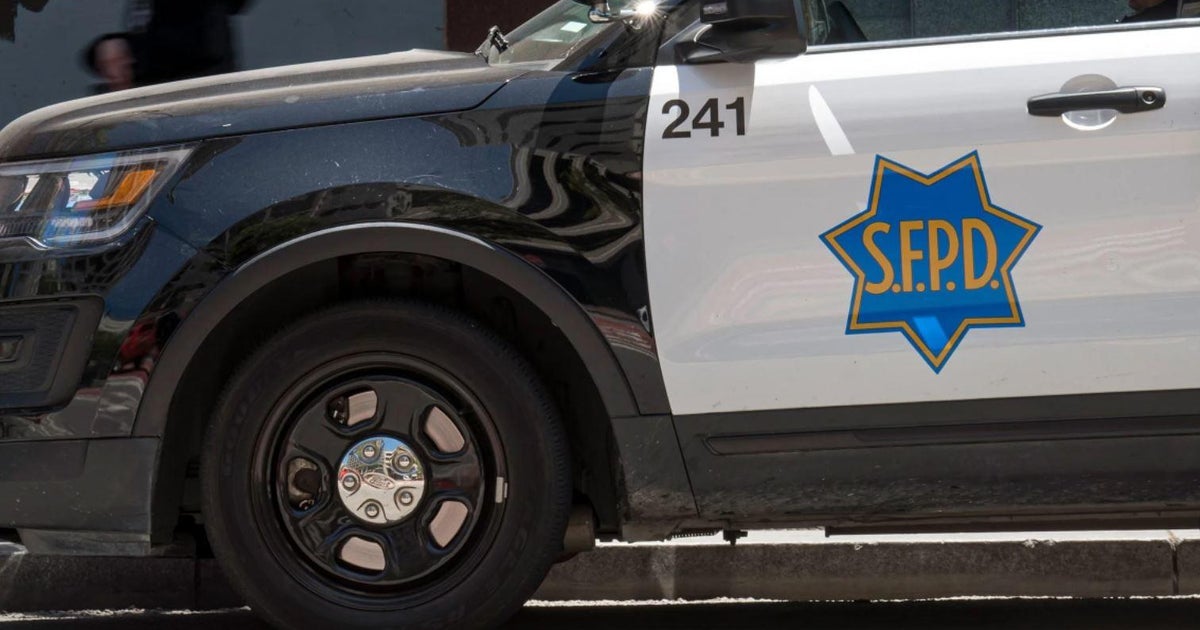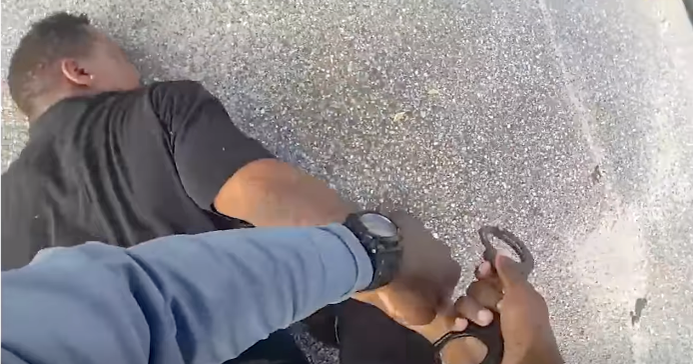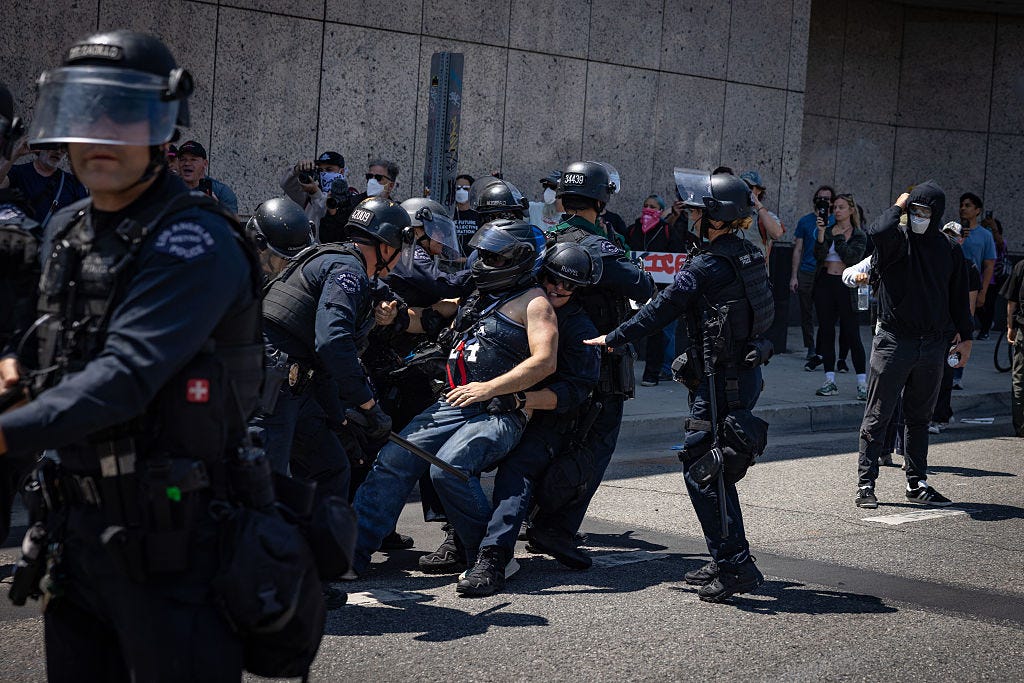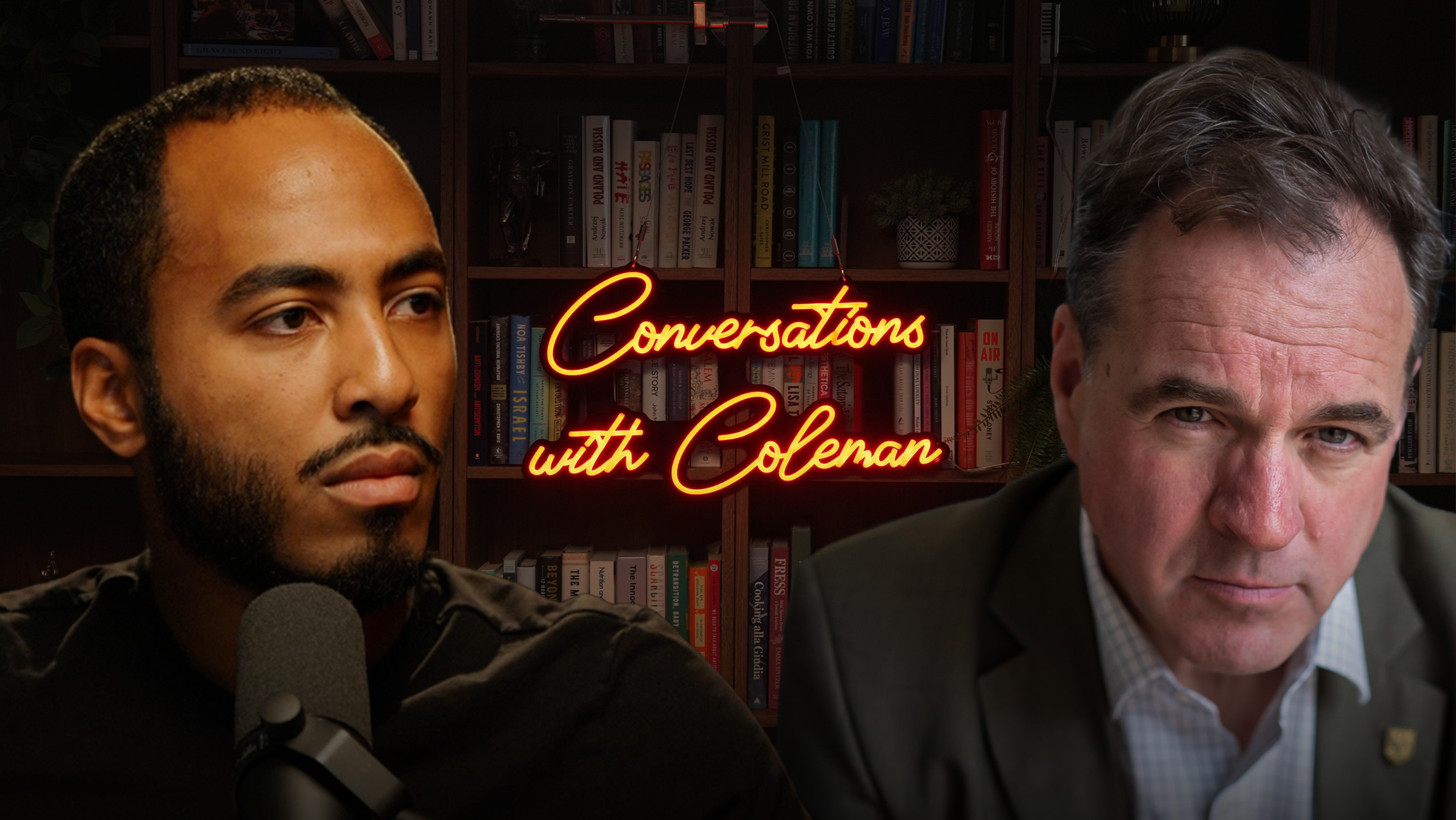Violent crime rates spike in Baltimore since 2015 death of Freddie Gray
Baltimore's violent crime rate spiked in the years following the death of Freddie Gray, which set off a series of protests and fueled the Black Lives Matter movement, according to a new report.
In 2017, there were 342 murders in Baltimore, the highest rate the city has ever seen and the highest rate of any major U.S. city that year — more than double that of Chicago.
The death of Freddie Gray, 25, who suffered a fatal spinal injury while being transported in the back of a police van in 2015, sparked outrage and riots in Baltimore and demonstrations across the country.
Six Baltimore police officers were initially charged in the wake of Gray's death. Three were acquitted and a judge declared a mistrial for the fourth. In 2016, the remaining charges were dropped against the other two officers involved in the case.
The city also agreed to a "consent decree" with the federal government, a set of policing reforms that would be enforced by a federal judge.
The department's officers responded with what became known as "the pullback," a months-long retreat from policing.
"It's really a department that's in complete crisis," said ProPublica reporter Alec MacGillis, who examined attempts at police reform and the rise of violence in Baltimore since Gray's death in "The Tragedy of Baltimore," an article written in collaboration with The New York Times and ProPublica.
"Even my piece does not really fully answer what's been happening here," MacGillis told CBSN on Monday. "It's just been too extraordinary to get one's hands around."
MacGillis said a major police corruption case, personnel changes and high turnover also deepened the department's crisis.
"They have been doing their job in the department in total turmoil for the past few years," he said. "It's hard to overstate just how broken this department has become."
"There's an element of fear that has come back into the equation for the city that's not the case anymore for most other cities," and the city's economy has suffered as a result, MacGillis said.
"The population started falling again," he continued. "You hear about restaurants closing downtown because fewer people are coming from the suburbs."
MacGillis points to the hiring of Michael Harrison as police commissioner in January as one potential ray of hope. Harrison had served as police superintendent in New Orleans in the aftermath of Hurricane Katrina, dealing with that city's high violent crime rate and it's own federal "consent decree."
"He seems like someone who could be quite good for the job," said MacGillis. "But it's really a Herculean task that he's undertaking here."
